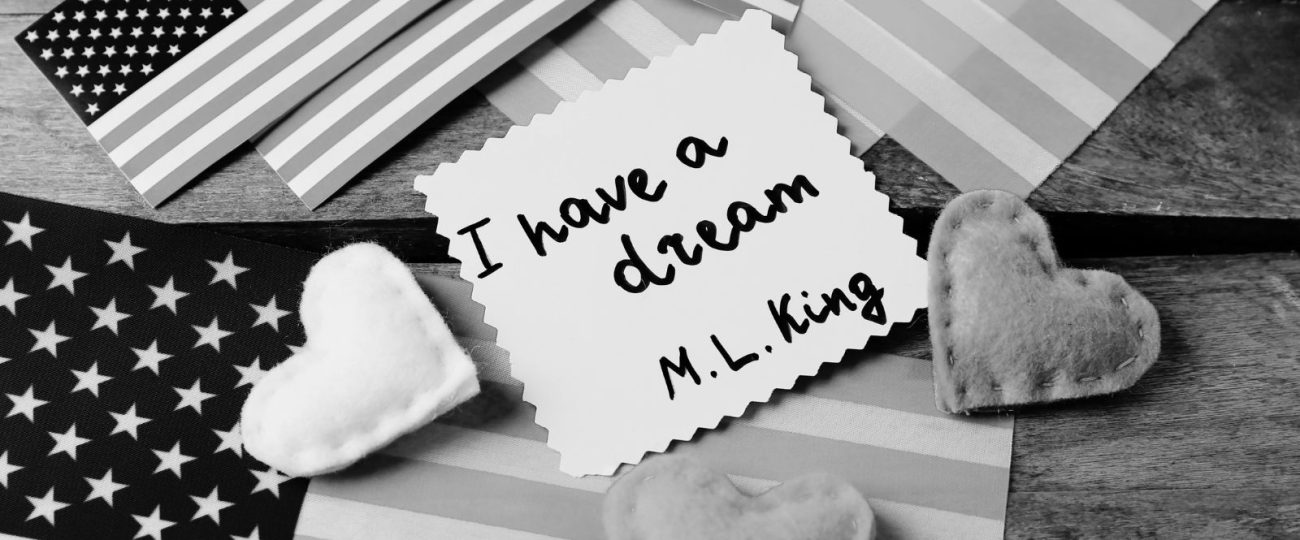What Happened On August 28th?
On August 28, 1963, a quarter of a million people gathered at the Lincoln Memorial in Washington, D.C., for the March on Washington for Jobs and Freedom. Under a clear, late-summer sky, this diverse crowd—comprising black and white, young and old, laborers and clergy—awaited the words of a man whose voice would soon echo across the nation. It was on this day that Martin Luther King Jr., standing before the majestic statue of Abraham Lincoln, delivered his immortal “I Have a Dream” speech, a moment that would become a defining point in the American Civil Rights Movement.
The day began with an air of anticipation. Participants in the march arrived by bus, train, and car from every corner of the United States. Organizers had meticulously planned the event, hoping to demonstrate both the strength and peaceful resolve of the Civil Rights Movement. As people streamed onto the National Mall, they carried banners demanding equality, justice, and an end to racial discrimination. The atmosphere was charged, yet hopeful—a mixture of determination and a profound sense of history in the making.
King was scheduled to speak last, a position of honor and significance, reserved for the leader whose words many believed would resonate most deeply. Before him, a lineup of speakers, including labor leaders, religious figures, and other civil rights activists, addressed the crowd, each underscoring the need for comprehensive civil rights legislation. Gospel singer Mahalia Jackson, who performed just before King, set a spiritual tone with her powerful voice, singing “How I Got Over,” a song that had become an anthem of the movement.
When King finally approached the podium, the crowd fell into a reverent silence. The text of his speech, prepared carefully the night before, lay in front of him. Yet, as he began to speak, King’s words were not merely a recital of that text but a powerful oration that seemed to flow from the depths of his soul. He started by reminding America of the promise made 100 years earlier with the Emancipation Proclamation, a promise yet unfulfilled for millions of African Americans still “crippled by the manacles of segregation and the chains of discrimination.”
As King continued, he spoke of the “fierce urgency of now,” urging the nation to take immediate action against the injustices that plagued it. His voice, clear and commanding, carried over the sea of faces, each sentence building in intensity and emotion. King detailed the suffering of black Americans, who faced “the unspeakable horrors of police brutality,” and warned against the “luxury of cooling off” or the “tranquilizing drug of gradualism.”
What many do not realize is that the most famous portion of King’s speech, the “I Have a Dream” sequence, was not in the original script. As King spoke, Mahalia Jackson, standing nearby, called out to him, “Tell them about the dream, Martin!” She had heard him speak of this dream before, in smaller settings, and believed it would resonate deeply with the vast audience before him. King, inspired by the moment and Jackson’s prompting, set aside his prepared notes and began to speak extemporaneously.
“I say to you today, my friends, so even though we face the difficulties of today and tomorrow, I still have a dream,” King declared. The crowd responded with growing enthusiasm as King painted a vivid picture of a future where his children would “not be judged by the color of their skin but by the content of their character.” His words soared, each phrase punctuated by the hopes and dreams of those who stood before him, listening with rapt attention.
King’s delivery was nothing short of electrifying. The rhythm of his speech mirrored the cadence of a preacher in the pulpit, with pauses and crescendos that allowed his words to sink in deeply. He invoked the imagery of the Declaration of Independence, the Bible, and patriotic anthems, intertwining them with the experiences of black Americans. When he spoke of his dream that “one day every valley shall be exalted, and every hill and mountain shall be made low,” he drew from the Book of Isaiah, using biblical language that resonated with both religious and secular listeners alike.
Few people know that the day before the speech, King and his advisors wrestled with what tone the address should take. Some urged him to adopt a more militant stance, reflecting the anger and frustration many felt. King, however, chose a message of hope and unity, one that would appeal not only to those who were suffering but also to the broader American public. His decision to focus on the dream of a better future, rather than the grievances of the present, was a deliberate and strategic choice, aiming to inspire change through a shared vision of justice and equality.
As King neared the end of his speech, his words reached a crescendo. He envisioned a day “when all of God’s children, black men and white men, Jews and Gentiles, Protestants and Catholics, will be able to join hands and sing in the words of the old Negro spiritual: Free at last! Free at last! Thank God Almighty, we are free at last!” The crowd erupted into applause, cheers, and tears, fully aware that they had just witnessed a historical moment.
The day of the March on Washington did not end with King’s speech. The event continued with performances by artists like Bob Dylan and Joan Baez, who had lent their voices to the movement. But it was King’s oration that remained on everyone’s minds as they dispersed from the National Mall, returning to their homes across the country. His words, captured by the cameras and microphones of the press, began to reverberate far beyond Washington, D.C., reaching audiences across America and around the world.
What many do not realize is that the FBI, already suspicious of King and his influence, intensified their surveillance of him following the speech. Viewing King as a potential threat to national security, the FBI monitored his activities even more closely, concerned about his ability to galvanize the masses. This scrutiny would only increase in the years to come, as King’s role in the Civil Rights Movement grew and as he began to speak out against issues beyond racial discrimination, including poverty and the Vietnam War.
Just five years after delivering the “I Have a Dream” speech, on April 4, 1968, King was shot and killed on the balcony of the Lorraine Motel in Memphis, Tennessee. He had traveled to Memphis to support striking sanitation workers who were protesting unsafe working conditions and low wages. As he stood outside his room, a single bullet struck him, ending the life of one of America’s most influential leaders. The news of his assassination spread rapidly, plunging the nation into grief and sparking riots in cities across the country. King’s death, however, did not silence his dream, which continued to inspire and mobilize generations to fight for justice and equality.





